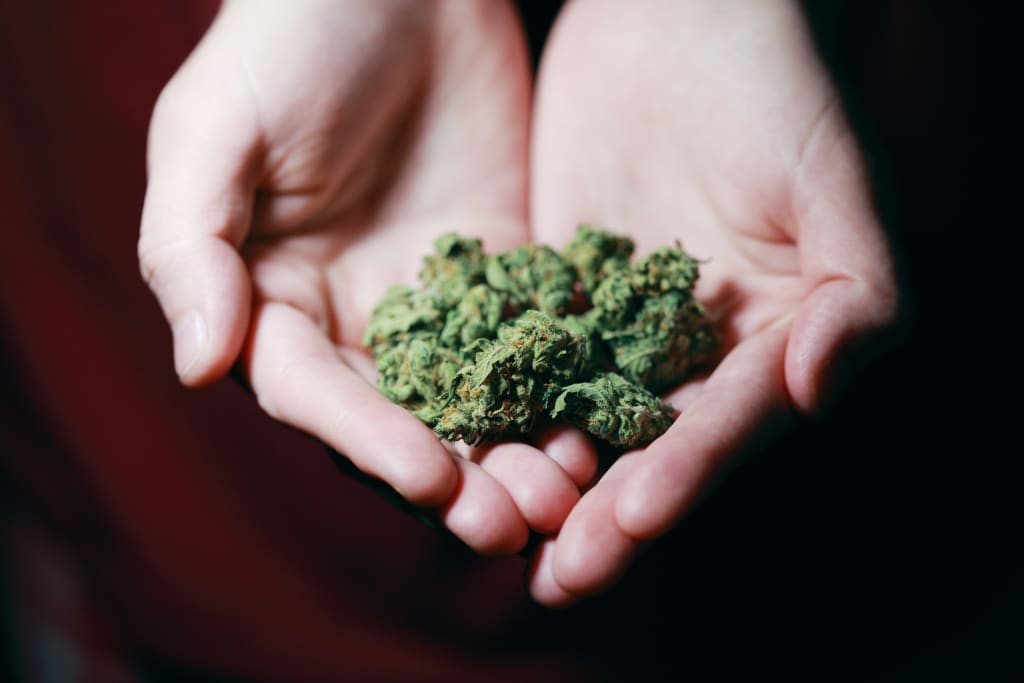The Mirage of Substance Abuse: Exploring the Most Common Drugs and Their Futility
Illusions of Bliss: Unveiling the Common Drugs and Their Hollow Promises

Introduction:
Drug abuse has become a pervasive issue in modern society, wreaking havoc on individuals, families, and communities. Understanding the most common types of drugs and recognizing their worthlessness is crucial in combating substance abuse. This essay delves into the prevalent drugs of abuse, their detrimental effects on physical and mental health, and why their use ultimately leads to an empty and unfulfilling existence.
Alcohol:
Alcohol, though legal and socially accepted, is one of the most commonly abused substances. While moderate consumption may have minimal health risks, excessive or chronic alcohol use can lead to severe physical and psychological problems. Alcohol abuse can damage vital organs, impair cognitive function, increase the risk of accidents and violence, and contribute to addiction and dependency. Despite its temporary numbing effects, alcohol fails to provide genuine happiness or fulfillment, often leading to a cycle of dependency and broken relationships.
Tobacco:
Tobacco, primarily consumed through smoking cigarettes, remains a leading cause of preventable diseases and deaths worldwide. Nicotine, the addictive component in tobacco, hooks individuals into a harmful and unrelenting cycle of dependence. Smoking tobacco significantly increases the risk of lung cancer, heart disease, respiratory disorders, and various other health complications. Moreover, the habit depletes financial resources, tarnishes physical appearance, and limits overall quality of life.
Cannabis:
Cannabis, commonly known as marijuana or weed, is a psychoactive drug that is increasingly normalized in some societies. While proponents argue its medicinal potential, chronic cannabis use can lead to numerous adverse effects. Prolonged marijuana use impairs cognitive function, memory, and motivation. It can also exacerbate mental health conditions, such as anxiety and depression, and increase the risk of developing psychosis. The temporary euphoria offered by cannabis masks the long-term consequences and stifles personal growth and ambition.
Stimulants:
Stimulant drugs, such as cocaine and amphetamines, artificially boost energy levels and induce feelings of euphoria. However, their effects are short-lived, and the consequences are severe. Cocaine, a powerful and addictive stimulant, can damage the cardiovascular system, cause neurological impairments, and lead to erratic and risky behaviors. Amphetamines, including methamphetamine, wreak havoc on the body, resulting in addiction, psychosis, and long-lasting cognitive deficits. The pursuit of temporary pleasure through these substances often leads to a destructive and unfulfilling lifestyle.
Opioids:
Opioids, including prescription painkillers and illicit drugs like heroin, are highly addictive and pose significant risks to individuals. Opioid abuse has reached epidemic proportions, leading to countless overdoses and deaths. These drugs induce a powerful sense of euphoria but come at a steep price. Opioid addiction ravages physical and mental health, strains relationships, and perpetuates a cycle of dependency and desperation. The fleeting escape from pain or emotional distress that opioids promise is overshadowed by the devastating consequences they leave in their wake.
Conclusion:
While drugs may offer temporary relief, pleasure, or escape, their allure quickly dissipates, leaving individuals trapped in a cycle of dependency, health issues, and shattered lives. Alcohol, tobacco, cannabis, stimulants, and opioids, among the most commonly abused drugs, offer nothing of true value or worth. Instead, they rob individuals of their physical and mental well-being, hinder personal growth, strain relationships, and stunt overall fulfillment. Recognizing the futility of drug use is the first step towards promoting healthier lifestyles, cultivating genuine happiness, and fostering a society where individuals can thrive without relying on substances.





Comments
There are no comments for this story
Be the first to respond and start the conversation.